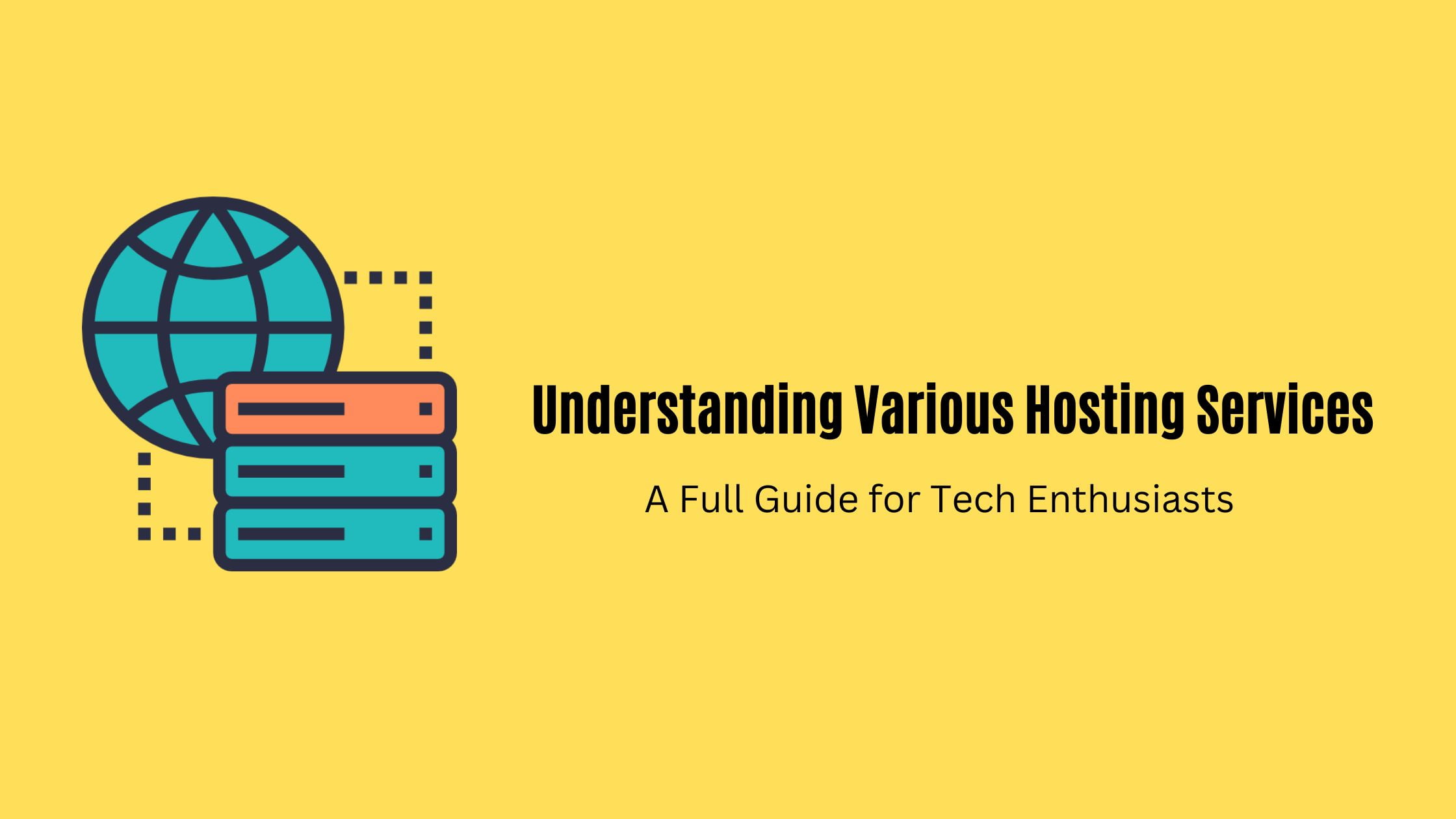Web hosting refers to the process of making a website accessible via the internet. As part of this process, the website must be stored on a physical server that is housed in a protected location and managed by a hosting company. The server is a specialized computer that was built for the sole purpose of maintaining websites, which it does by ensuring the website’s availability, security, speed, and capacity to update data. There are numerous varieties of hosting, each of which possesses its own individual qualities and capabilities. Let’s take a closer look at them.
Reseller Hosting
Reseller hosting is a hosting solution that entails selling hosting services to individual customers. Due to the extensive level of expertise in information technology that is required, this choice is not appropriate for everyone. However, it is a good way for individuals or businesses to enter the hosting industry and earn a profit by setting their own prices for customers and purchasing services from a supplier at wholesale rates.
Those who are familiar with the technical aspects of hosting and who want to be in control of their own pricing and branding are good candidates for reseller hosting. Before diving headfirst into this kind of hosting, it is important to consider the level of competition in the industry as well as the demand in the market. You also need to have the right skillset in order to be a successful reseller.
Shared Hosting
Shared hosting is by far the most common choice for individuals who own websites. Multiple users share the resources of a single physical server in this form of web hosting. The costs associated with the server’s upkeep are shared among the users. Shared hosting is more cost-effective than any other hosting solution, but the resources that are accessible to each user are restricted. This may become problematic if the website experiences an increase in traffic or has a need for additional resources.
Shared hosting is an excellent choice for personal or small websites that receive little traffic and have fewer resource requirements. To ensure that the website has sufficient resources and is not adversely affected by the traffic and resource usage of other websites that are hosted on the same server, it is essential to choose a hosting provider and a plan with care.
VPS Hosting
Hosting on a virtual private server, also known as VPS, involves the consolidation of several private servers into a single network or physical location. Every virtual private server (VPS) has its own unique configuration options and resources, such as RAM, CPU, disk space, and IP address.
VPS hosting is a better option than shared hosting when it comes to performance because resources are not shared with other users. This makes VPS hosting a good choice for websites that require scalable resources and security measures. Websites that need more resources and control than what shared hosting can offer, but do not yet require the resources or cost of a dedicated server, are good candidates for virtual private server (VPS) hosting.
Dedicated Hosting
Dedicated hosting refers to one server per website. The server can be completely customized to meet the needs of the website owner. This option requires a high level of IT knowledge on the part of the website owner or the hiring of an IT specialist.
Dedicated servers are the most expensive type of hosting option, but they also offer the highest level of control, customization, security, and the quickest loading times. Websites that receive a very high volume of traffic or have resource requirements, as well as those that require full control over the server and all of its resources, are good candidates for hosting on a dedicated server.
Cloud Hosting
Using cloud hosting, websites can be hosted on virtual servers that are supported by cloud computing technologies. Because hardware problems do not impact websites hosted on this platform, the websites benefit from increased stability. Plans for cloud hosting do not come with flat rates or predetermined prices; rather, customers pay only for the resources that they consume. This is an option worth considering for websites that experience varying levels of traffic or have fluctuating resource requirements.
Cloud hosting is suitable for websites that require a hosting solution that is scalable and flexible. However, it is essential to carefully consider the cost and resources required to ensure that the website has sufficient resources and does not exceed the budget.
Conclusion
In this article, we have covered the main hosting options for a website. In order to select the ideal solution, you need to take into account the size of your website, the traffic you anticipate, and your budget.







